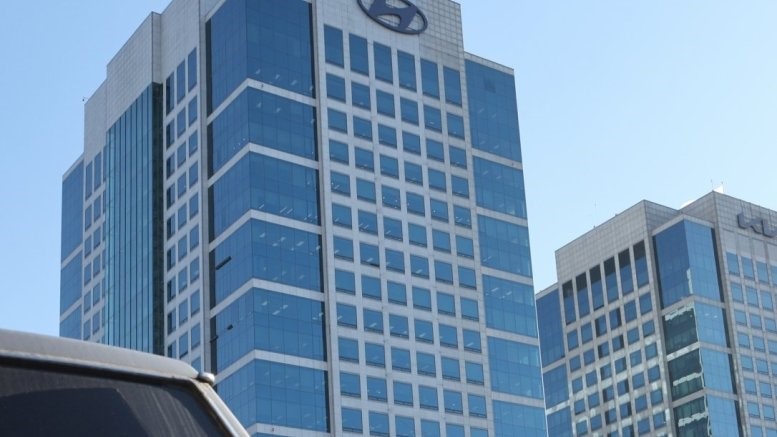Seoul
Hyundai Motor Group on Sunday unveiled an unprecedented investment plan worth 125.2 trillion won (USD 86 billion) to be spent in South Korea over the next five years. The announcement marks the largest investment in the company’s history and demonstrates Hyundai’s long-term strategy to secure advanced technological leadership while reinforcing its domestic manufacturing capabilities.
The move follows the recent Seoul–Washington joint fact sheet that reduced U.S. tariffs on South Korean cars and auto parts from 25 percent to 15 percent, unlocking significant trade benefits for Korean automakers. The investment plan was announced shortly after Hyundai Motor Group Executive Chair Euisun Chung joined other major business leaders in a meeting with President Lee Jae Myung to discuss post-agreement measures.
The new investment target, scheduled for 2026–2030, represents a more than 40 percent increase compared to the 89.1 trillion won Hyundai invested over the previous five years. According to the company, the funds will be used to accelerate breakthroughs in core future-business areas and secure what it calls fundamental growth drivers.
Out of the total investment, 50.5 trillion won is earmarked for future-focused sectors such as artificial intelligence, robotics, and software-defined vehicles (SDVs). A further 38.5 trillion won will support research and development initiatives, while 36.2 trillion won is designated for upgrading and expanding production facilities.
Hyundai also announced plans to retroactively cover U.S. tariffs imposed this year on key parts suppliers for Hyundai and Kia plants in the United States — a gesture aimed at reinforcing supply chain stability and supporting partner companies affected by trade pressures.
Industry analysts estimate that due to the new tariff reduction, Hyundai Motor Group could save approximately 4 trillion won in additional costs, creating more room for strategic reinvestments. The aggressive funding underscores Hyundai’s ambition to remain at the forefront of global automotive innovation in an era increasingly defined by AI-driven mobility and robotics integration.

